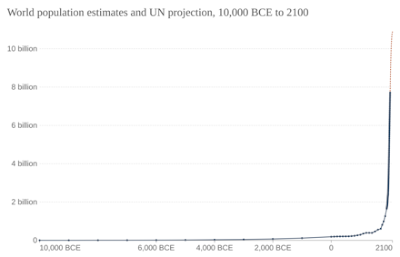I’m not sure where this is going today. I’ve been thinking(?) about bioregionalism, habitats, ecosystems and climate change. Here’s a quote from a web site about bioregions:
Bioregions have two distinct elements:
● SCIENTIFIC: defined by the physical landscape – geology, topology, hydrology, plate tectonics, geography, erosion, rainfall, soil type and variation – and the biological beings and ecosystems living with them, each distinct, each suited and evolved slightly differently. In this, we must ask – how is nature different in different areas, what natural diversity make these regions so different? and how does that impact what we should do?
● CULTURAL: the people and inhabitants living within the bioregion. The sum of our personal actions, and interpersonal relationships that make each area distinct – it is the food we grow, what we eat, our sports, music – the clothes we wear, our shared identity, our economy, governments and politics. In this, we must ask – how does where we live affect these things? What are things we can each do, that taken together, will see the world shift in healthier ways, and improve the well being of our communities and bioregion?
Precipitation patterns are changing. Climate is changing. Except for landslides etc., topography should remain about the same. Biodiversity is declining. People are being forced to migrate. Global food supplies are threatened and being diminished. Many of these factors are creating feedback loops. Meanwhile, most business thinking remains focused on this quarter's profits. When (if?) we think about it, we may realize many of the factors in each of the "two distinct elements" are changing, often with an unanticipated rapidity.
What has this to do with capitalism? Has capitalism not coevolved with the enormous growth of the human population? Does capitalism not try to maximize “externalities?” Is the Earth, except for sunlight and minor space-related things, not a closed system? Where are the externalities in a closed system?
The natural systems of earth reuse most waste. The economic systems (primarily capitalism) of earth reuse almost nothing except excuses? Is the root problem becoming clearer? How much wealth will the last person on earth hold? What will it buy them?
Katherine Hayhoe, a world famous climate scientist, tells us that “Our future is still in our hands.” Humans created economics and capitalism. Humans can change both. If capitalism doesn’t coevolve with humans, it may become a casualty of climate change and human survival.
The “Change” in Climate Change
My cousin WhatsApps me from Costa Rica, fits the familyinto the rectangle of video as they wave from the balcony.He turns the phone, shows me a swirl of birds in the hurting sky.But they are not birds. They are neighbor Tinoco’s roof tilesflying in a storm’s rotary energy. My family is calling becauseI’m in Oklahoma, which, to them, is synonym for tornado.Te amo, I say as my cousin lowers the phone for our grandmotherto hear. She’s scared because she’s lived in the town for 80 yearsand can’t recognize all these new skies. Because a year before,a hurricane reaved its way across this country for the first timein recorded history. Tornado or torbellino or something else,I ask her about the valley’s strange wind. And she laughs, saysthat she was calling to ask me the same thing. I don’t know whyI keep forgetting the change in climate change. My grandmothersighs as the sky darkens to the color of rum. Why I still thinkthat we’ll have names for all the things that will come.
********************************************
Thanks for visiting. Come again when you can.
Please be kind to each other while you can.

No comments:
Post a Comment